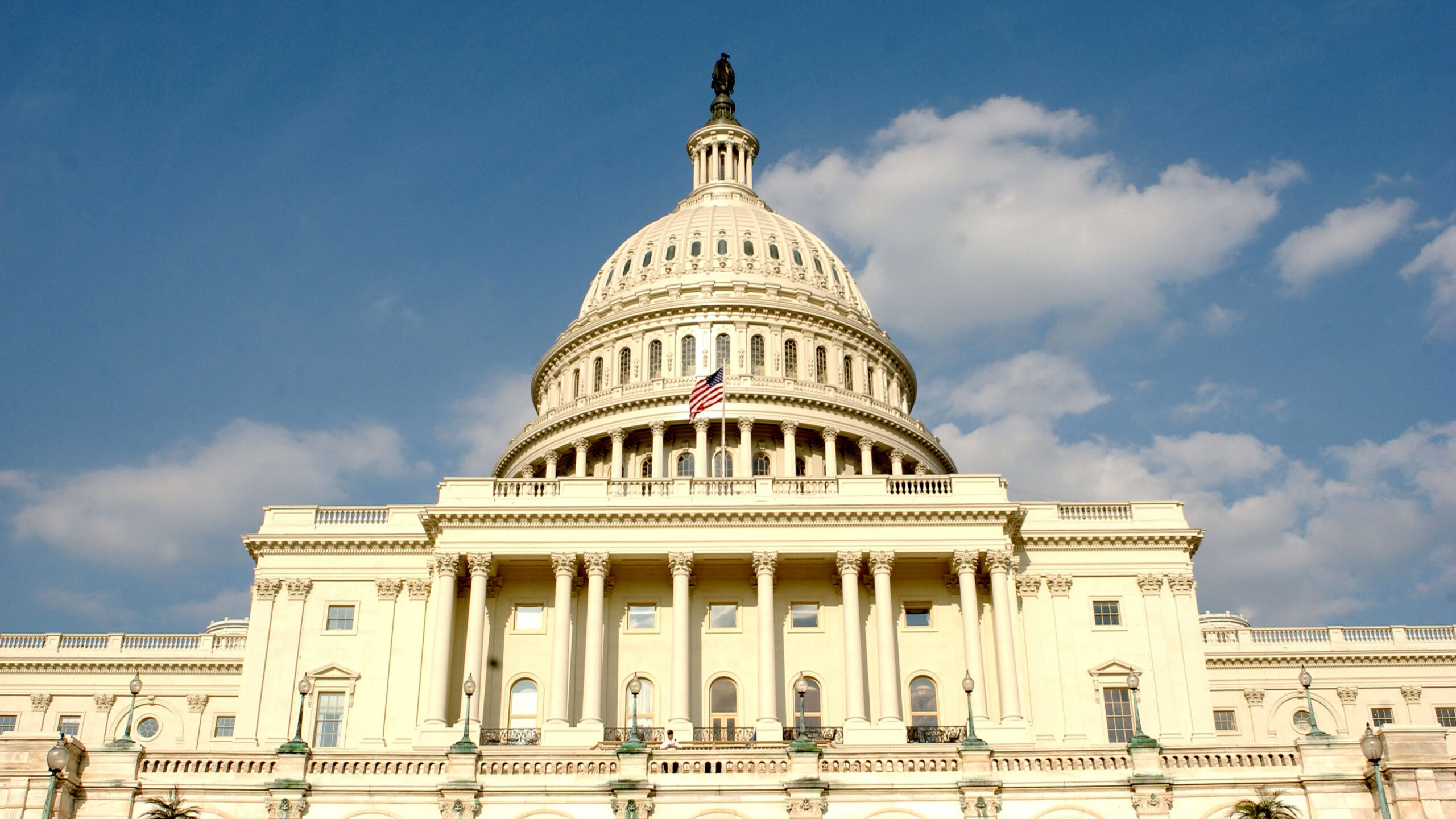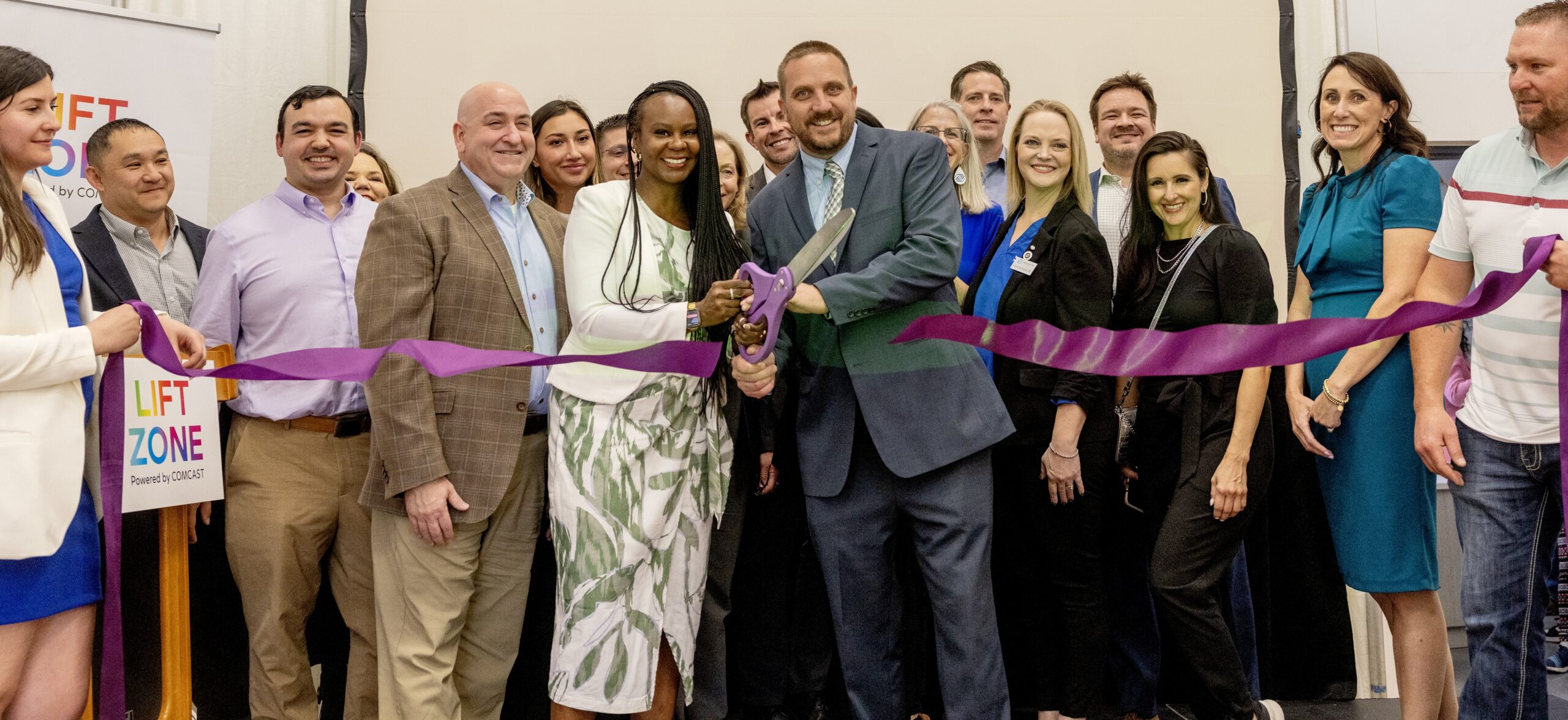The role university leaders play in promoting free speech
Nov 27, 2023, 11:47 AM | Updated: May 30, 2024, 11:47 am

University leaders play a vital role in encouraging free speech on their campuses. (Canva)
(Canva)
SALT LAKE CITY — A recent survey conducted by the Foundation for Individual Rights and Expression found that when students feel their university’s leadership protects and promotes free speech, discussions improve on the campus.
Samuel Abrams, a professor of politics at Sarah Lawrence College, said that teaching and encouraging students to have discourse is only one piece of the valuable element of university education. Additionally, university leaders need to model and lead discussions.
“This is sort of a call to say, ‘Hey, presidents, you can’t just be fundraisers, you need to showcase why speech matters, and then stand by it and lead.’ Because when [they] do, our students are much less likely to censor and are much more likely to question, which is the whole point of higher education,” Abrams said.
Right now, according to Abrams, university leaders are not modeling. Instead, they are defining what speech is. University leaders have tasked their diversity offices to establish an agenda.
According to Abrams, the agendas dictate what can or cannot be asked, and who can ask it.
“When these [agendas] are hovering over you on campus, open debate and learning dies,” said Abrams.
Benefits of modeled discourse
Abrams said there are some schools that are effectively promoting discussion.
When their leaders are modeling discourse, Abrams said, university campuses flourish. Students are less likely to remain quiet about their views. Additionally, Abrams said students on those campuses are happier and less stressed.
“Students are allowed to be frustrated, students are allowed to be uncomfortable. That’s a good thing in higher ed. But I think the anxiety and fear that grips so many of our students today; of cancel culture, of social isolation, all of that’s going to end,” Abrams said.
Abrams added that “stress is not inherently a bad thing. It’s how we grow.”
When students are distressed or worrying about saying the wrong thing, however, it stops learning from happening, according to Abrams.
Beginning with truthful, factual information, is the key to beginning discourse, according to Abrams. The presentation of the information to students by university leadership is a way to encourage free speech.
Related:
-
Teaching kids to read shouldn’t be a partisan issue, former teacher says
-
The role of authenticity and vulnerability in starting conversations












